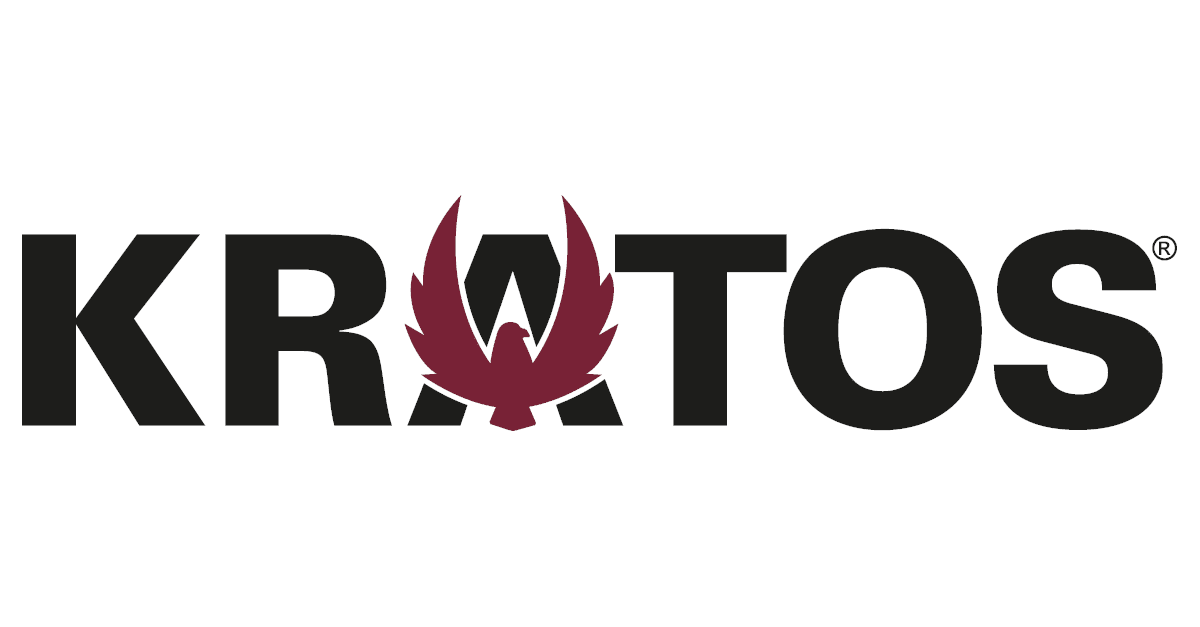Kratos and ALL.SPACE to Work Together to Develop Advanced Terminal Solutions for Software-Defined Satellite Ground Systems
Kratos Defense & Security Solutions, Inc. (Nasdaq: KTOS), a technology company specializing in defense, national security and communications solutions, and ALL.SPACE, the world’s only provider of multi-orbit smart terminals, announced today a strategic partnership aimed at jointly developing and delivering solutions that will enable software-defined satellite ground systems to better leverage the capabilities of next-generation smart terminals. The combined solutions are expected to enhance dynamic operations end-to-end across the ground segment from the gateway to the network’s edge, placing more application power in the hands of end users and greatly expanding flexibility beyond today’s proprietary, purpose-built, satellite terminals.
The space industry is immersed in a renaissance driven by technology breakthroughs such as software-defined payloads, small satellite constellations, multi-orbit services and more. On the ground, advances in satellite networks are occurring as well, including the growth of ground station-as-a-service, virtualized ground systems and the need to better mainstream with terrestrial and cellular communications networks. These advances at both ends of the space/ground connection mean that satellite network systems must come to act more dynamically, adapting on-the-fly to changing needs, conditions and business or mission requirements.
Today’s announcement is part of a multi-year collaboration to integrate and enhance both companies’ products. It is supported by a joint development roadmap focused on new features, functions and capabilities that will deliver more powerful, flexible and agile terminal capabilities at the network’s edge for both defense and commercial uses, such as advanced support for multi-mission and multi-orbit capabilities.
According to Greg Quiggle, Senior Vice President of Space Product Management at Kratos, “Historically, satellite terminals have been defined by proprietary technologies resident on purpose-built hardware, severally limiting what users could accomplish at the network’s edge. That all changes with software-defined networking, which has long been the standard in global terrestrial communications and is now available for satellite network operators through the OpenSpace Platform. ALL.SPACE is a leader in smart terminal technology and a profound partner for Kratos to work with in revolutionizing what users can accomplish at the satellite network’s edge.”
“We are creating a new generation of digital, flexible terminals featuring both a multi-beam antenna and a platform capable of hosting software-defined applications,” said John-Paul Szczepanik, Chief Technology Officer for ALL.SPACE. “ALL.SPACE’s multilink terminal delivers the combined strengths of all orbits by unlocking simultaneous access to multiple networks. We believe pairing this flexibility with the Kratos OpenSpace Platform will dramatically enhance dynamic operations at the edge.”
Kratos and ALL.SPACE have already begun integrating their respective technologies, including elements of Kratos’ OpenSpace® software-defined ground system, such as its OpenSpace virtual modem (vModem) and OpenEdge™ 2500 digitizer, with ALL.SPACE’s S2000 Smart Terminal.
The jointly developed solutions will conform to industry standards for maximum flexibility, including the IEEE-ISTO Std 4900-2021: Digital IF Interoperability Standard from the Digital IF Interoperability (DIFI) Consortium (DIFI). Both companies believe that common standards are essential for the space industry to realize the opportunities on the horizon and to advance the industry’s integration with the larger global communications infrastructure. Both are founding members of DIFI, an independent organization created to develop and promote standards for interoperability in space and satellite systems.
